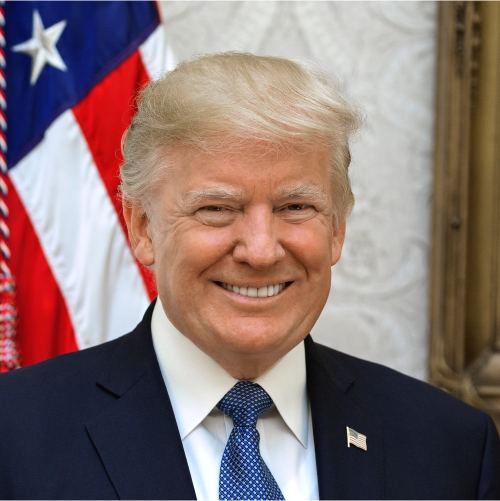As the U.S. election approaches, global investors are closely watching the outcomes in the world’s oldest democracy, which could have significant implications for India’s economy, especially if there is a shift in leadership and economic policy.
A report from PhillipCapital indicates that a victory for Donald Trump might result in stricter work visa policies, which could pose challenges for Indian IT firms given his strong stance on immigration. However, the report also suggests that “the initial impact appears harsher if Trump wins, but Indian IT companies have been mitigating this risk by hiring more local staff in key markets, relying on subcontractors, and establishing more near-shore delivery centers.”
In the automotive sector, the report notes a potential short-term decline in demand for electric vehicle (EV) components from Indian suppliers due to expected reductions in EV incentives under a Trump administration. Nonetheless, this situation could drive a shift toward hybrid vehicles, stabilizing demand in the medium term. Furthermore, Trump’s infrastructure and manufacturing spending plans, particularly those aimed at enhancing Class 8 trucks, are likely to benefit Indian auto component manufacturers.
In the energy sector, Trump’s preference for fossil fuels over renewable energy could boost U.S. crude oil and natural gas production, leading to lower global energy prices. This would be advantageous for Indian refiners and consumers, while increased natural gas production could create long-term contracting opportunities for Indian utility companies.
Both Trump and Vice President Kamala Harris support a strong Indo-Pacific strategy, recognizing India as a key counterbalance to China. While Harris is expected to focus on deepening defense cooperation, Trump’s approach may lean more toward transactional relationships, emphasizing arms sales and strategic advantages. The report states, “Harris is likely to continue the Biden administration’s focus on enhanced defense collaboration, whereas Trump’s method may be more transactional, with an emphasis on arms sales and strategic benefits. Additionally, Trump’s tough stance on China aligns with India’s interests in countering Chinese influence, potentially accelerating defense partnerships.”
In the commodities and metals sector, Trump’s proposed infrastructure spending—potentially including projects like a border wall and domestic industry protections—is expected to increase demand for metals. His focus on fossil fuels may lead to higher capital expenditure in oil and gas, benefiting Indian metals and pipe manufacturers.
The report also highlights that Trump’s expected push for higher tariffs on Chinese imports could open opportunities for Indian industries such as textiles, auto components, and consumer electronics, enhancing their competitiveness in the U.S. market. This shift may also encourage foreign direct investment (FDI) into India as companies seek alternatives to China for manufacturing and investment.
The U.S. elections always attract considerable attention due to the nation’s economic influence and geopolitical power. With the current Democratic president’s term ending, the elections are set for November 5th, and the results are anticipated to have significant ramifications for India and its economy.












